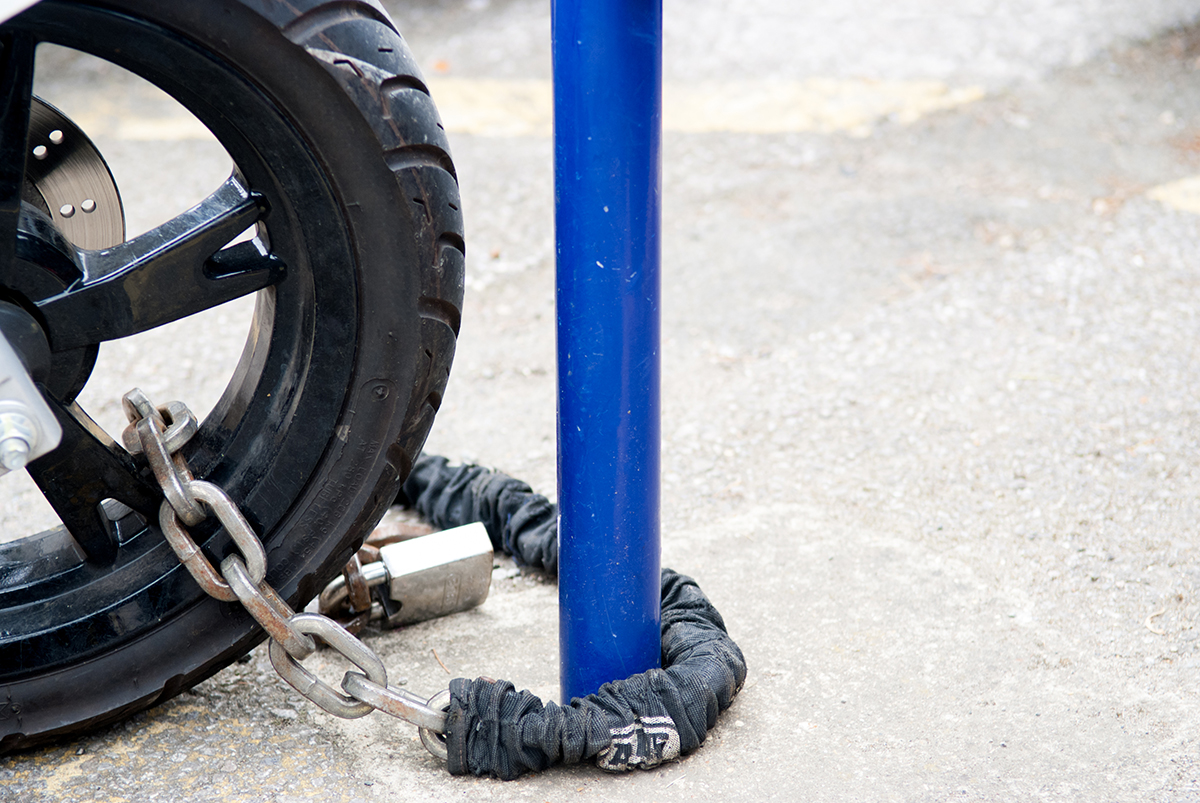When you’re a family caregiver, the work never stops. Days are long, sleep is scarce, and juggling all of your responsibilities is nothing short of overwhelming. Caregiving is a labor of love that requires tremendous compassion, energy, and strength.
Every day, millions of Americans care for their loved ones in need and sacrifice a great deal to do it. Between all the doctor’s visits, errands, medications, and home care, there’s hardly any time left over to handle life’s other responsibilities, let alone take care of yourself.
As National Family Caregivers Month comes to a close, we want to provide a caregivers guide with some helpful tips for caregivers everywhere to have some peace of mind this holiday season and into the new year.
1. Be Your Own Caregiver
We’ve all heard the saying, “To take care of others, you have to take care of yourself.” Well, there’s a reason it’s so popular.
When you’re caring for a loved one, your first instinct is to put their needs above your own. And with the mountain of responsibilities on your plate, self-care can easily take a backseat.
When you’re at the bottom of your list of priorities, your mental and physical health can decline, affecting your ability to take care of your loved one.
This unfortunate side effect is why it’s essential to set aside some time for yourself every day. Spend time on your favorite hobby, get some exercise in, or read your favorite book. Whether it’s before your loved one gets up in the morning or after you put them to bed at night, carve out some time in your day for you.
Also, your senior shouldn’t be the only one making doctor’s visits. If you need to see the doctor for whatever reason, try not to neglect your own health in the interest of protecting your family member’s. Get the help you need when you need it, and take breaks when you feel you need them.
When you’re healthier, happier, and more relaxed, you’ll have a better time handling the stress that comes with being a caregiver.
2. Communication is Essential
Communicating with your loved one, their doctors, and other family members is a crucial part of stress management.
When a family member needs constant care, it can be just as challenging for them as it is for you as the caregiver. It’s common for the person receiving care to feel like a hindrance. Communicating openly and honestly can give them the comfort they need when they’re feeling down.
It’s also important to maintain a family caregiver support program and let your family members or other caregivers know when you need a break, giving yourself the space to follow step 1.
Before any medical appointments:
- Sit down with your loved one and see if they have any questions for the doctor.
- Make a list of whatever questions they have and include any you would like to ask as well.
- Bring the list with you and go through it with your doctor, writing down the answers he or she gives you.
With all the stress that comes with caregiving, if you don’t write the answers down, it can be easy to forget them once you leave the doctor’s office. And if you’re confused by the terminology your doctor uses, politely ask them to speak in layman’s terms.
Open and honest communication with everyone involved in the caregiving process helps you take better care of your family member and yourself.
3. Make Home Safety a Priority
Creating a secure home environment for your loved one helps protect their independence and gives you confidence in their safety when you’re not around.
To help ensure their well-being at home and put your mind at ease, consider the following home safety measures:
Fall risks – Remove any loose rugs, clutter, wires, and other obstructions from open walkways to prevent falls. Adding non-slip mats to the showers and stairs will help lower fall risk as well.
Grab bars – Install grab bars in the bathrooms and showers to help with ease of mobility.
Smoke detectors/fire alarms – Ensure your smoke detectors and fire alarms all work properly, and replace the batteries once a year.
Proper lighting – Installing nightlights in the bedroom, hallway, and stairwell will keep their path to the bathroom well-lit, making nighttime trips much safer.
When you have a senior at home or living alone, these precautionary measures provide a solid foundation of protection against common hazards.
4. Have a Plan in Case of Emergency
Being prepared for emergencies is an integral piece of elderly care and the caregiving puzzle. Setting your loved one up with a reliable medical alert system can mean the difference between doubt and a sense of security.
When you select a medical alert system for your senior, you want something easy to use with fast response times. When every second counts, knowing your loved one can get the help they need quickly makes all the difference.
In case of an emergency, the Rescu app dispatches fire, police, or medical services to you or your loved one’s home with just two taps. No talking with dispatchers. No rerouting calls. No delays.
Rescu also keeps your senior’s medical information on file, notifying the authorities of their situation instantly so they can provide them with the best possible service.
As soon as your loved one requests help, Rescu will notify you and any other family caregivers immediately, no matter how far away you are.
Rescu Gives You Peace of Mind
Caregiving is one of the most demanding jobs there is. With so much to do and so little time, even the slightest advantage goes a long way. Following the items on this list will help reduce the burden of stress that comes with caregiving, and the Rescu medical alert system will ensure your loved one gets the help they need in the event of an emergency. Give yourself a big advantage – and peace of mind – with the Rescu app.



